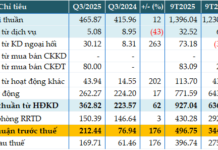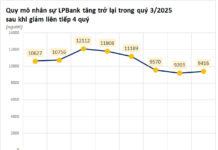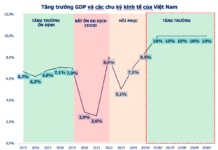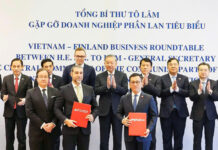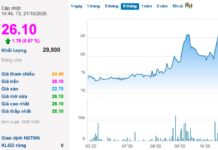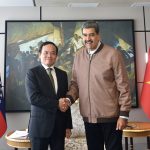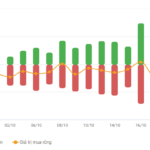On August 2, Venezuelan President Nicolas Maduro stated that the country could transfer the rights to develop its vast oil and gas fields, currently exploited by US energy companies, to entities from BRICS member states.
BRICS initially comprised Brazil, Russia, India, and China. It later expanded to include South Africa and, earlier this year, Egypt, Ethiopia, Iran, and the United Arab Emirates (UAE). The BRICS nations are the most economically advanced among emerging countries. Their rapid economic growth has led to a substantial energy demand.
Together, the BRICS countries produce 36% of the world’s total energy output. According to the EIA, China is the world’s largest energy producer, Russia ranks third, India sixth, Brazil tenth, and South Africa twentieth.
Several other nations, including Venezuela, have expressed interest in joining this group.
“If those in the North and their partners worldwide make a big mistake, the oil and gas fields already contracted with US companies will quickly belong to BRICS allies,” Maduro stated.
According to the International Energy Agency (IEA), Venezuela holds approximately 17% of global crude oil reserves, with an estimated 303 billion barrels. The agency also lists the Bolivarian Republic as having the world’s largest proven oil reserves.
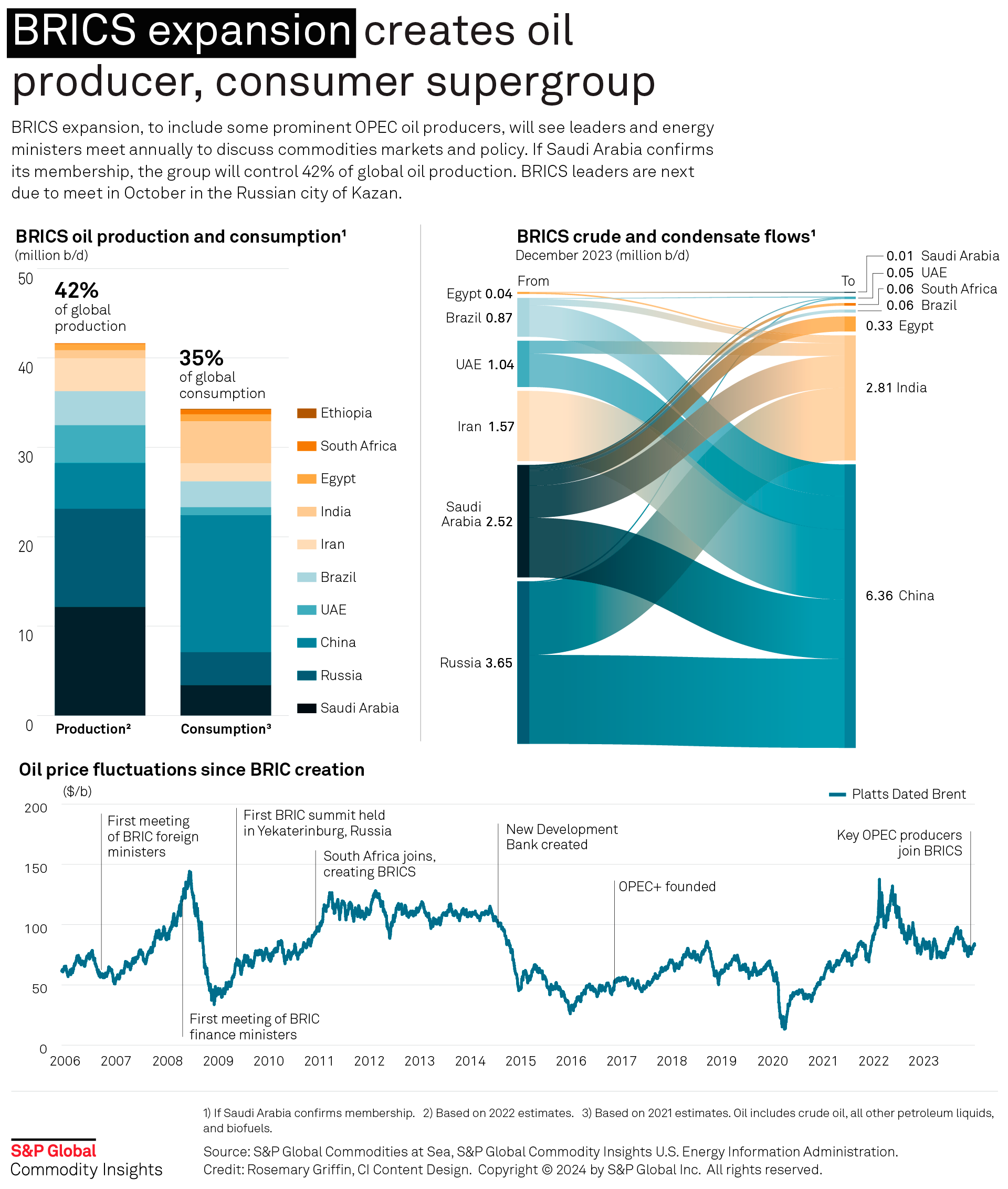
This oil-producing nation has been isolated for the past four years due to sanctions imposed by Europe, the US, and Canada in 2019. The BRICS union currently controls approximately 42% of the world’s oil production, a figure that would increase significantly if Venezuela joins.
Chevron, the only major US energy company still operating in Venezuela, obtained oil drilling licenses in the country in November 2022, a month after sanctions were waived. This was done in exchange for releasing some of Caracas’s oil revenues frozen by US sanctions.
Chevron is currently involved in four onshore and offshore projects in Venezuela through its partnership with the state-controlled oil giant Petroleos de Venezuela (PDVSA). Earlier this year, the American company announced a target of increasing production by 35% year-over-year by bringing new oil wells online.
Earlier this week, Venezuelan Foreign Minister Yvan Gil Pinto confirmed that Maduro had received an invitation to attend the BRICS summit scheduled for October in the Russian city of Kazan.
“BRICS is establishing a multi-currency system. Venezuela has joined. BRICS is creating an alternative to SWIFT. Venezuela has joined. BRICS has made proposals on trade. Venezuela has joined,” the Venezuelan leader replied to a TASS reporter’s question about the country’s readiness to join BRICS.
References: TASS, RT, CNA
Everyone loves a ‘sale-off’: Country with cheaper gas than bottled water – producing 1 million barrels per day just imported oil from Russia for the first time in 5 years.
At the start of 2024, Russia has transported a minimum of 1.7 million barrels of Urals crude oil to Venezuela.
Venezuela Considers Vietnam as a Development Role Model, Pledges Maximum Support for Vietnamese Investors
Venezuelan President Maduro Moros highlighted that Vietnam serves as a development model for his own country, stating that he will instruct various ministries, industries, and local authorities to begin negotiations for cooperation and to implement specific projects with Vietnam, and he pledged to create optimal conditions for Vietnamese businesses to invest in Venezuela.







